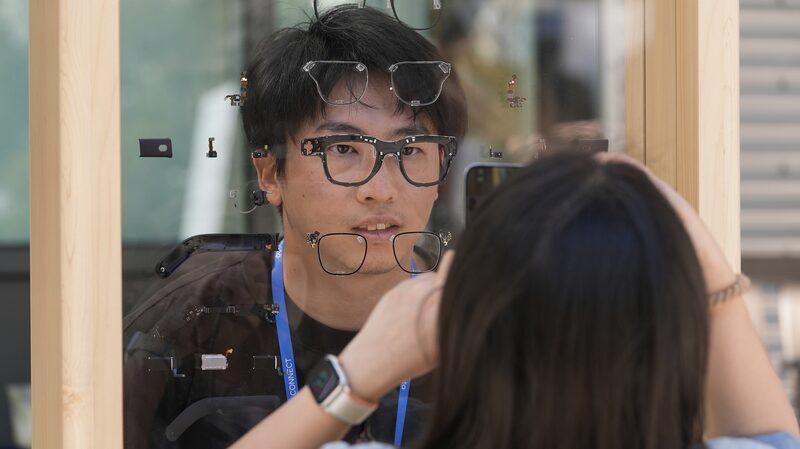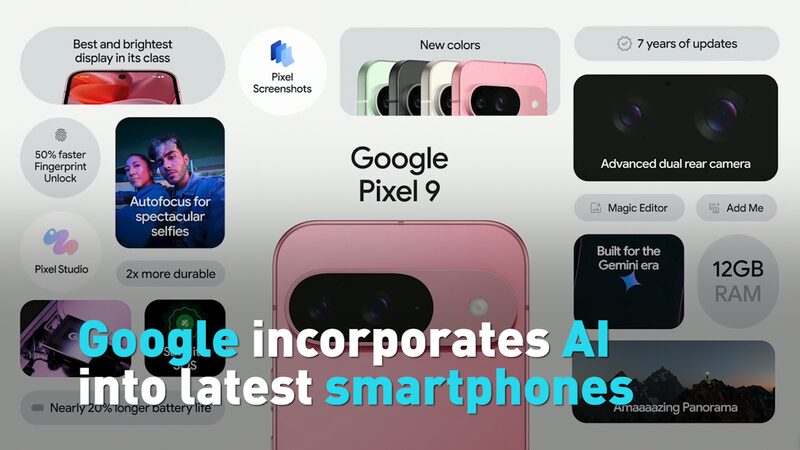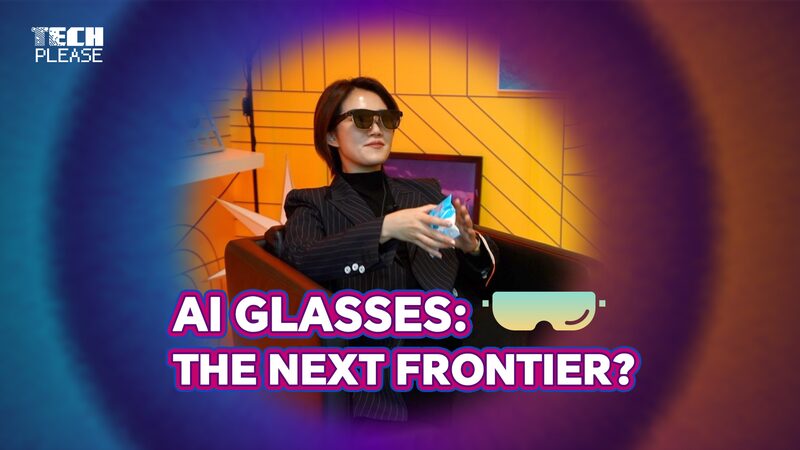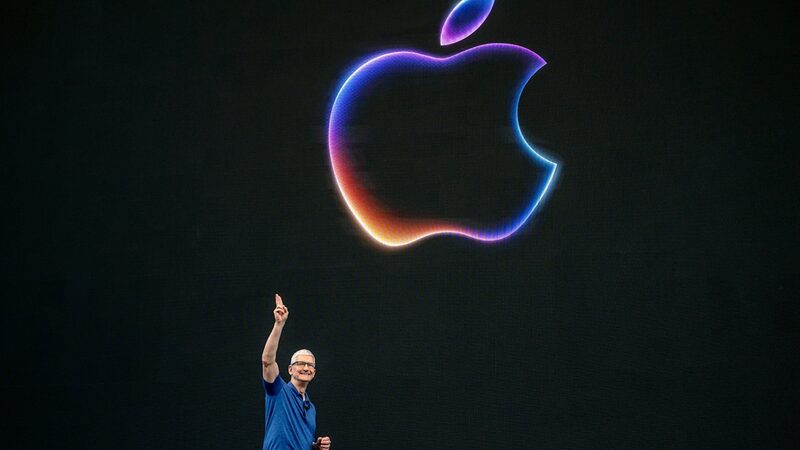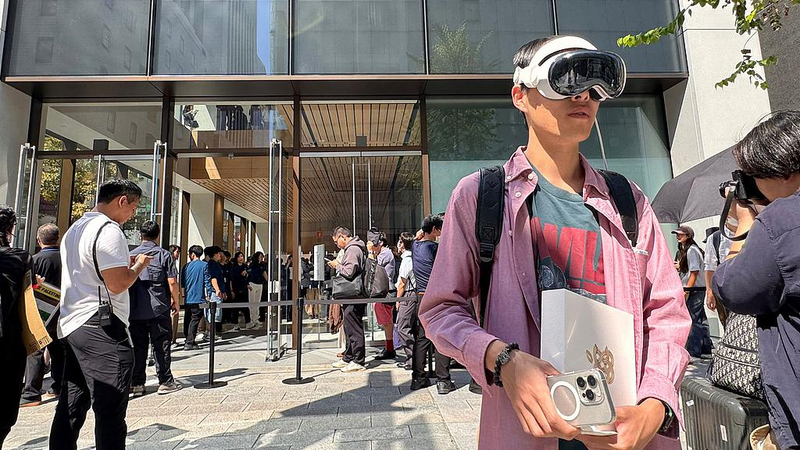During its annual product launch event, Meta unveiled its latest technological advancements, introducing AI chatbots voiced by Hollywood celebrities such as Judi Dench and John Cena. The company is betting on the appeal of artificial intelligence to its billions of users worldwide. Meta CEO Mark Zuckerberg also showcased a prototype of augmented reality (AR) glasses that resemble traditional eyewear. These normal-looking glasses are designed to display holographic text messages, apps, and even facilitate video calls within the user’s field of vision, signaling a potential shift from smartphones to hands-free, immersive technology. The social media giant is leveraging AI and AR to diversify its revenue streams beyond its highly profitable advertising-based model on platforms like Facebook and Instagram. Despite the innovative approach, Meta faces challenges in convincing investors of this strategic pivot. The launch of the celebrity-voiced AI chatbots comes on the heels of OpenAI’s controversial ChatGPT voice feature, which drew criticism for its similarity to actress Scarlett Johansson’s voice. Unlike OpenAI, Meta has secured permission from the celebrities featured in its voice tool, ensuring ethical use of their likenesses. However, due to European Union data protection laws, Meta AI will not be accessible in Europe, as its reliance on user data from its platforms may violate privacy regulations. Meta AI functions similarly to ChatGPT or Google’s Gemini, offering assistance by answering questions, creating images, writing messages, and providing companionship. The company reports that over 400 million people already use Meta AI monthly, aiming to make it the most widely used AI assistant by the end of the year. Critics, however, note that many users may interact with Meta’s AI inadvertently, mistaking it for standard search functions on WhatsApp and Instagram. Competition in the AI sector is intensifying, with industry leaders like Google and Microsoft focusing on productivity features, and Apple introducing AI-capable phone software. These advancements require significant investment, placing a strain on company budgets. Despite concerns over heavy spending in AI and virtual reality, Meta’s profits and share price have surged due to strong advertising revenue. Analyst Carolina Milanesi of Creative Strategies remarked, “When I think about AI, Meta is not necessarily the first brand that comes to mind. Their biggest hurdle is going to be privacy and trust.” In addition to the AR glasses prototype, Meta is enhancing its Ray-Ban Meta smart glasses, which function as earphones, capture photos and videos, and will soon feature live translation capabilities. These developments underscore Meta’s commitment to shaping the future of user interaction with technology.
Reference(s):
Meta bets big on celebrity AI voices and augmented reality glasses
cgtn.com
